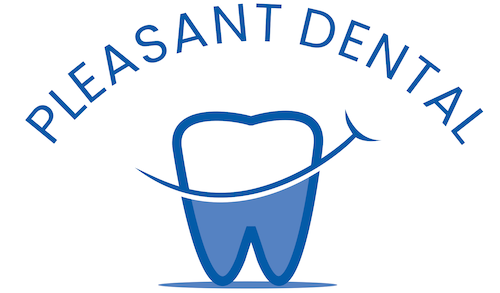Decoding Dental Implant Costs: Factors and Considerations

Introduction:
In the realm of transformative dental solutions, dental implants stand out as a durable and natural-looking remedy for missing teeth. However, understanding the financial aspect of dental implants is a common concern. This comprehensive guide aims to unravel the factors that influence the cost of dental implants, providing valuable insights to help you navigate the investment associated with this life-changing dental procedure.
- Number of Implants Needed:
The cost of dental implants is intrinsically tied to the quantity required. Whether it’s a single implant or a full set for a comprehensive smile makeover, the number of implants significantly influences the overall cost. - Material Selection:
Dental implants are crafted from premium materials like titanium or zirconia. The material choice can impact costs, with titanium implants generally being more budget-friendly than zirconia counterparts. Your dentist will guide you in selecting the best option based on your unique needs and financial considerations. - Implant Placement Complexity:
The complexity of the implant placement procedure plays a pivotal role. Cases with a healthy, dense jawbone may require less intricate procedures, resulting in lower costs. Conversely, additional procedures like bone grafting or sinus lifts can elevate the overall expenses to ensure a stable foundation for the implant. - Dentist’s Expertise and Location:
The expertise of the dental professional and the geographical location of the clinic contribute to cost differentials. Highly skilled implant specialists may charge premium fees, and urban clinics generally have higher prices compared to rural counterparts. - Restoration Components (Abutment and Crown):
The final stage involves attaching a custom abutment and crown to the implant. The material and type of crown chosen, such as porcelain or ceramic, will contribute to the final cost. - Pre- and Post-Operative Care:
Comprehensive pre-operative assessments and post-operative care are integral components of the overall cost. This includes consultations, diagnostic tests, follow-up appointments, and any additional treatments for a successful outcome.
Conclusion:
While the initial cost of dental implants may appear substantial, viewing it as a long-term investment in oral health and quality of life is crucial. Dental implants offer myriad benefits, including enhanced functionality, aesthetics, and durability. Before making a decision, engage in detailed discussions with your dentist, including a breakdown of costs and available financing options. Recognize the intrinsic value of a confident smile and restored oral health – an investment that extends beyond monetary considerations.

